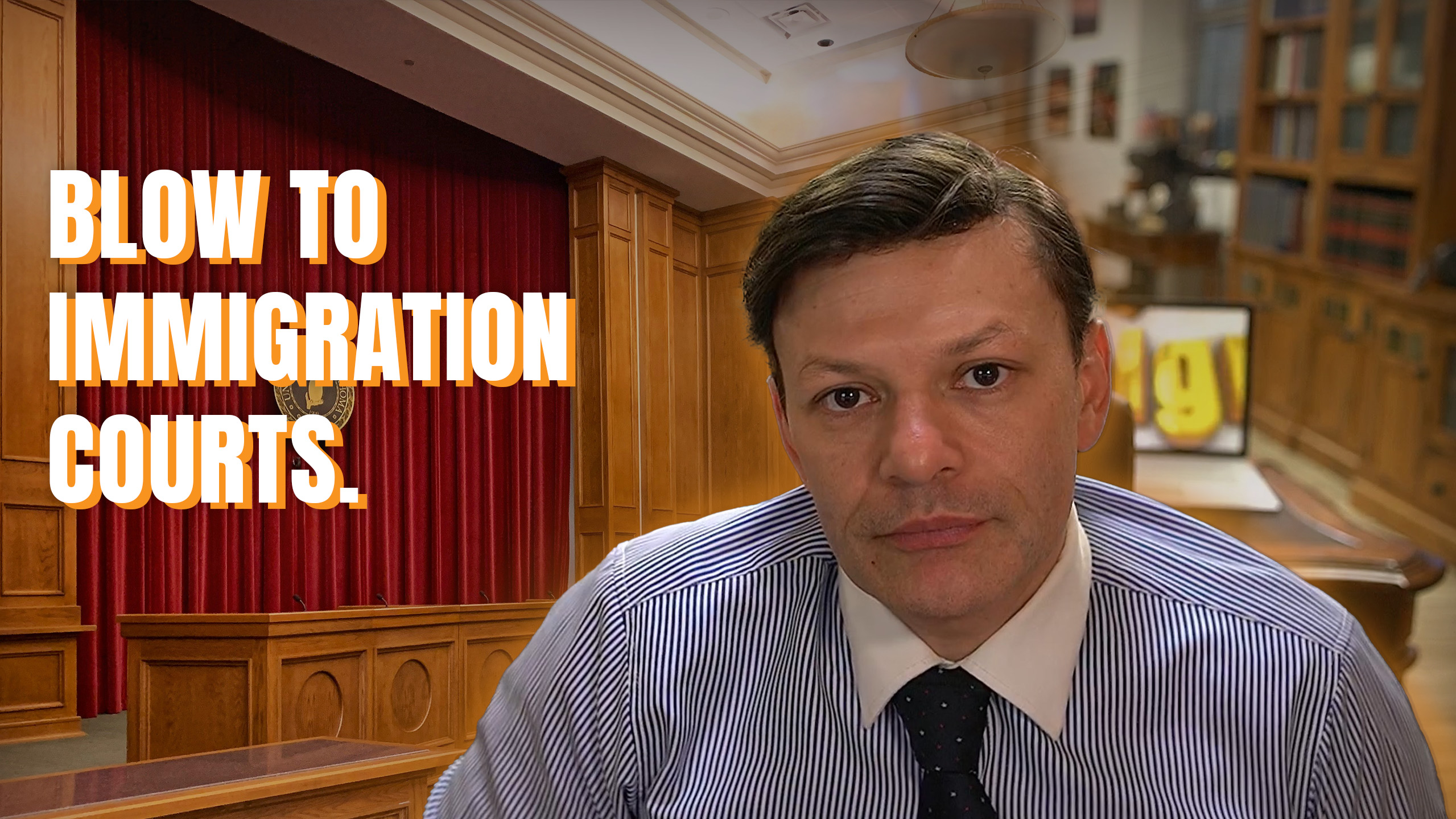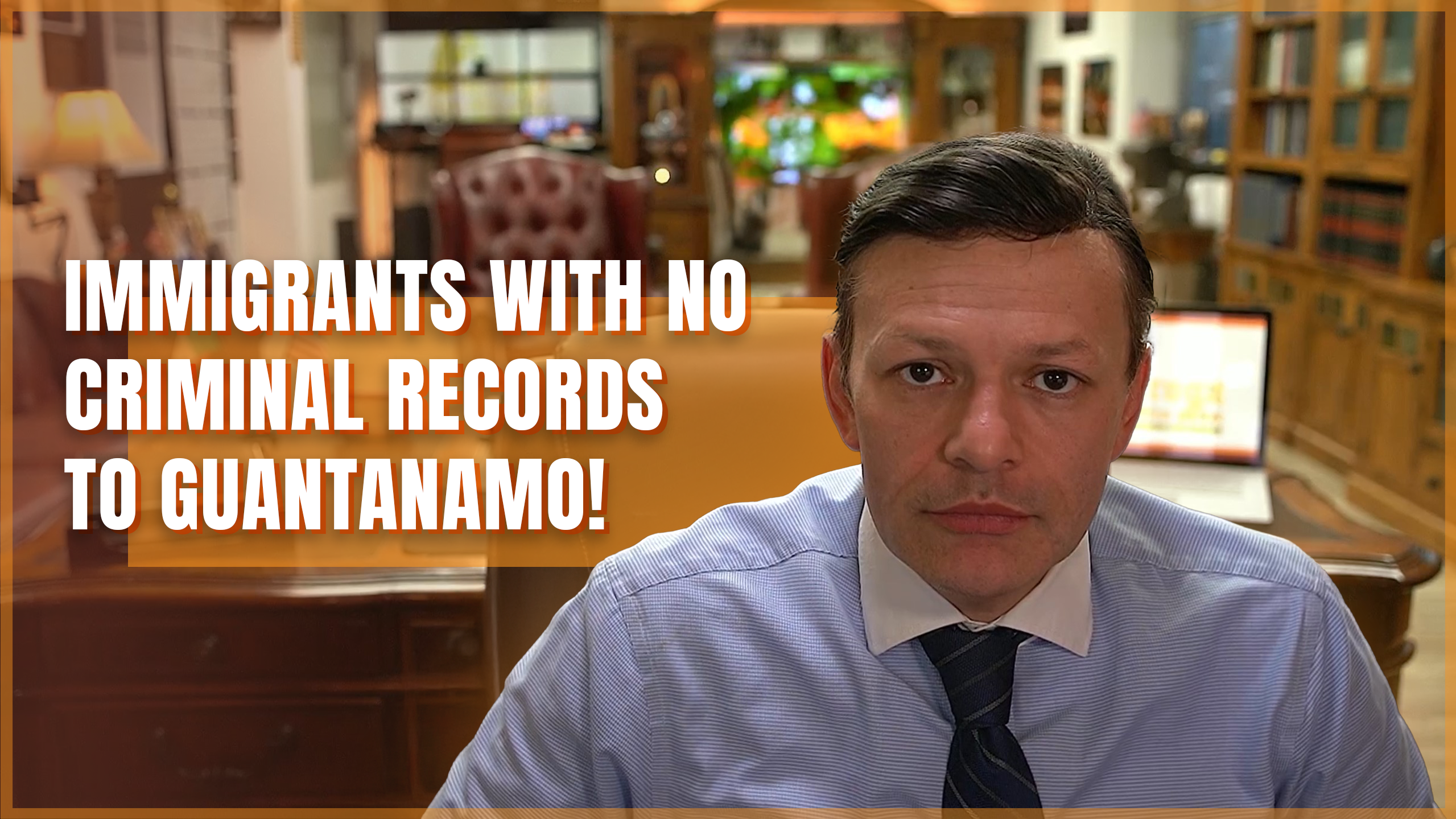Trump’s Return and Controversial Executive Orders
On January 20, 2025, Donald Trump returned to the Oval Office with a set of executive orders aimed at transforming U.S. immigration policy. Among the most controversial actions were the declaration of a national emergency at the Southern border and the reinterpretation of the Fourteenth Amendment regarding birthright citizenship. These measures have sparked intense debate over immigrant rights and the scope of presidential power.
These actions could have significant legal and social consequences. Defining migration as an ‘invasion’ creates a dangerous precedent, opening the door to extreme measures that could contravene human rights and international treaties.
Declaration of national emergency: is it justifiable?
The declaration of a national emergency on the southern border allows the federal government to deploy military and financial resources to reinforce border security. This action is based on the idea that the migratory flow represents an “invasion.”
However, for a national emergency to be legally valid, it must be supported by verifiable evidence. According to data from 2023, arrests at the border reached 2 million people, a record number. However, experts indicate that these numbers include repeated crossing attempts by the same individuals, which calls into question the “mass invasion” narrative.
The emergency declaration also affects local communities by imposing mandatory collaboration between state governments and immigration authorities. This could fragment communities and increase social tension in sanctuary cities.
Changes to birthright citizenship: a controversial measure
One of the most controversial orders seeks to limit automatic citizenship to children of citizens or legal permanent residents. This measure contradicts the Fourteenth Amendment, which guarantees citizenship to anyone born on U.S. soil.
According to a report by the Pew Research Center, more than 5 million children born in the U.S. have at least one undocumented parent. Limiting their citizenship could lead to a significant increase in the stateless population within the country.
If implemented, this measure could:
- Denying access to fundamental rights such as education and healthcare.
- Increase legal insecurity for millions of families.
- Trigger legal disputes at the state and federal levels.
Suspension of refugee programme: a setback for human rights?
The U.S. Refugee Admissions Program (USRAP) has been temporarily suspended for 90 days. The administration argues that the migration crisis compromises the country’s ability to absorb refugees.
The decision could violate international commitments, such as the 1951 Convention Relating to the Status of Refugees. “Suspending USRAP without an alternative plan exposes thousands of people to inhumane conditions and disregards established asylum principles,” Quiroga said.
Advice for immigrants affected by new policies
If you are affected by these executive orders, please consider the following recommendations:
- Consult a qualified immigration attorney to understand your legal rights and options.
- Document your immigration status and keep important records such as passports, visas and forms.
- Stay calm and avoid hasty decisions that could complicate your case.
- Stay informed about legal changes through reliable sources.
At Quiroga Law Office, PLLC, we are here to provide you with the legal support you need. Request a consultation by clicking here or call us at (509) 927-3840.
If you want to know more about this topic, we invite you to watch the video in which immigration lawyer Héctor Quiroga explains more.



